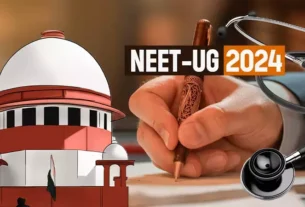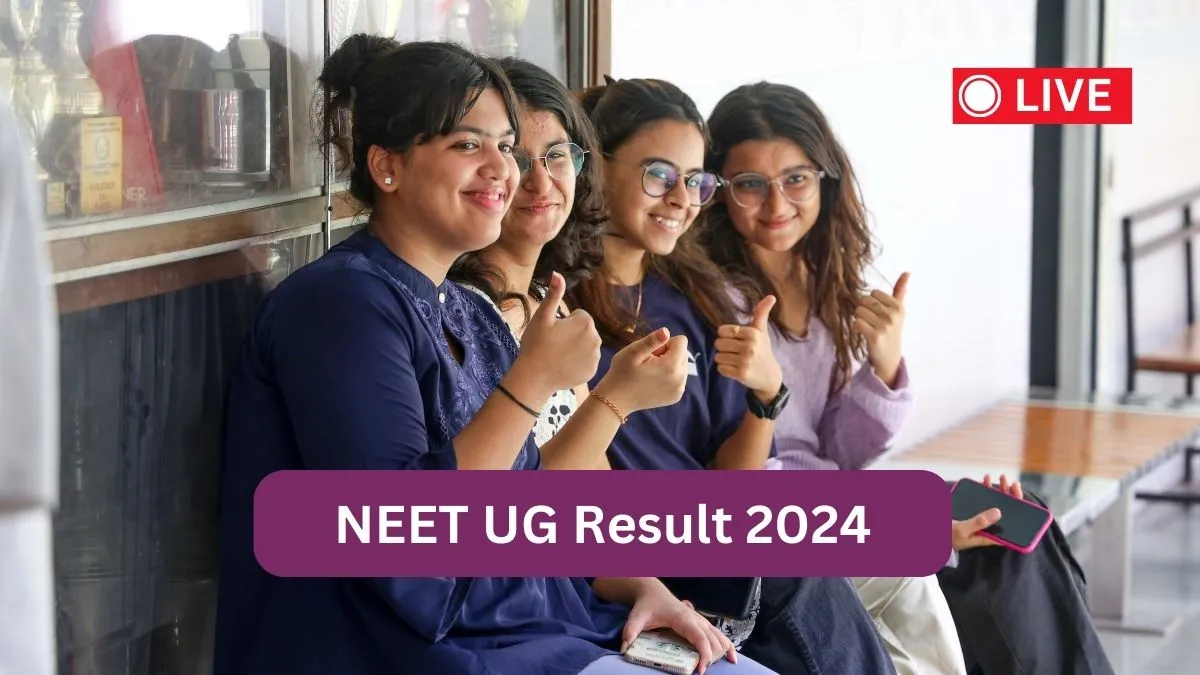The National Eligibility cum Entrance Test (NEET) counseling process in Telangana is a critical step for students seeking admission to medical and dental colleges. This process encompasses several stages that ensure a fair and organized allocation of seats based on merit and eligibility criteria. It is administered by two primary bodies: the Telangana State Council of Higher Education (TSCHE) and the Directorate of Medical Education (DME). These organizations play a vital role in managing the overall procedure and maintaining transparency throughout.
The NEET counseling process begins with the registration phase, where eligible candidates must register online on the official website. This stage is crucial as it allows students to provide necessary details such as personal information, NEET scores, and other relevant documentation. Following registration, candidates are required to verify their documents at designated centers to confirm their eligibility. This verification process ensures that only qualified individuals proceed to the next stages of counseling.
Once registration is complete, applicants can fill in their preferred choices for courses and colleges. This choice-filling stage is significant because it reflects the candidates’ priorities and aspirations in their medical careers. Students are encouraged to thoroughly research the colleges and courses available to make informed decisions. After the choice filling deadline, the DME oversees the seat allotment process, which is conducted based on NEET ranks and the preferences submitted by candidates.
Understanding the NEET counseling structure specific to Telangana is essential for aspiring medical students. Familiarity with the process—from registration to seat allotment—enhances candidates’ chances of securing their desired courses. Ultimately, the roles played by TSCHE and DME are imperative for facilitating a smooth and efficient counseling experience, reflecting the importance of adherence to eligibility criteria in ensuring fairness in the admission process.
The Local vs. Non-Local Reservation Controversy
The local versus non-local reservation controversy in Telangana has emerged as a significant issue within the sphere of medical education, particularly concerning the National Eligibility cum Entrance Test (NEET) counseling process. In Telangana, students are categorized as either local or non-local based on residency and educational qualifications, which plays a critical role in the state’s reservation policies. A local student typically refers to someone who has resided in the state for a certain period, often attending local educational institutions, while non-local students are those who have not met these residency requirements.
The implications of these classifications are substantial, as they determine eligibility for reserved seats in medical colleges. Local students are often granted preferential treatment, which can lead to heightened competition for available seats among non-local applicants. This distinction has sparked a debate regarding fairness and access to education, as many argue that it perpetuates a cycle of inequality that undermines equal opportunities for aspiring medical professionals.
Furthermore, the legal context surrounding local and non-local reservations is complex. Various legal challenges have arisen over the years pertaining to the constitutionality of these categorizations. Critics argue that such reservations prioritize regional students at the expense of merit, raising questions about the principles of equity and justice within the educational framework. Supporters, on the other hand, defend these measures as necessary to safeguard the interests of local communities and ensure that they receive adequate representation in professional courses.
The controversy surrounding local and non-local reservations also extends into social realms, influencing perceptions of identity and belonging among students. As SEET, or Students’ Educational Equity Trust, advocates for balanced representation in educational institutions, understanding the ramifications of these classifications is critical for addressing the delays in Telangana’s NEET counseling process. By analyzing the intricate details of the local and non-local reservation policies, stakeholders can work towards a more equitable and efficient counseling framework in the state.
Recent Trends and Concerns in NEET Counseling Delays
The delays in the NEET counseling process in Telangana have raised significant concerns among aspiring medical students and their families. Over the past few years, several instances have highlighted the complexities and confusions surrounding local and non-local reservation classifications. These uncertainties have not only impeded the counseling process but also exacerbated the anxiety levels among students waiting for their future to unfold. Instances of miscommunication, lack of clarity in policy, and administrative hiccups have contributed to the overall delays, resulting in frustration among those looking forward to pursuing their medical education.
One of the primary factors leading to these delays is the ongoing confusion regarding the definition and implications of local versus non-local status. Many students and parents have reported receiving conflicting information from various authorities, which has made it difficult to gauge the reservation allocations accurately. For example, a considerable number of students who believed they qualified for local status were later informed that due to administrative oversight, they fell under the non-local category, which severely impacted their admission prospects. Such instances not only hinder individual students but also create a ripple effect that adds to the uncertainties surrounding the entire counseling process.
Moreover, testimonies from students and parents reveal a shared sense of disillusionment. “We were left in the dark during this crucial period, with little guidance on our eligibility,” expressed one concerned parent. Another student lamented, “The confusion surrounding our local status kept us in a limbo, making it harder to prepare for our future.” These personal experiences underscore the urgency to rectify the issues plaguing the Telangana NEET counseling process. Addressing these discrepancies would not only help streamline the counseling but also restore the faith of aspiring medical students in a system that is meant to support their educational journeys.
Telangana NEET Counseling : Solutions and Recommendations
The issue of delayed NEET counseling in Telangana, exacerbated by the ambiguity surrounding local and non-local reservations, requires immediate and effective solutions. Stakeholders involved in the counseling process must prioritize reforms that aim to enhance transparency and minimize confusion for prospective medical students. One of the primary recommendations is the establishment of a clear and concise communication framework between the Telangana State Council of Higher Education (TSCHE) and the Directorate of Medical Education (DME). This framework should include detailed guidelines that clearly delineate the criteria for local and non-local candidates.
Additionally, to foster a better understanding of the reservation policy, TSCHE and DME should consider hosting regular information sessions and workshops. These initiatives would provide an opportunity for candidates and their families to seek clarification on the processes involved. By involving students in discussions about local and non-local definitions, authorities can address misconceptions and alleviate anxiety surrounding the counseling process.
Furthermore, the implementation of an online portal that offers real-time updates regarding the NEET counseling process could greatly improve efficiency. This platform should include an FAQ section detailing frequently asked questions about local vs. non-local reservations, as well as a contact feature allowing candidates to seek direct assistance from designated officials.
Lastly, reforms in policy implementation must focus on the equitable distribution of seats based on transparent criteria known to all stakeholders. A review committee could be established to periodically assess the effectiveness of the current reservation policies and propose necessary adjustments. By taking these constructive steps, TSCHE and DME can significantly reduce confusion, ensuring that future NEET counseling processes are streamlined and equitable, ultimately benefiting all candidates and fostering an environment of trust and accountability.





